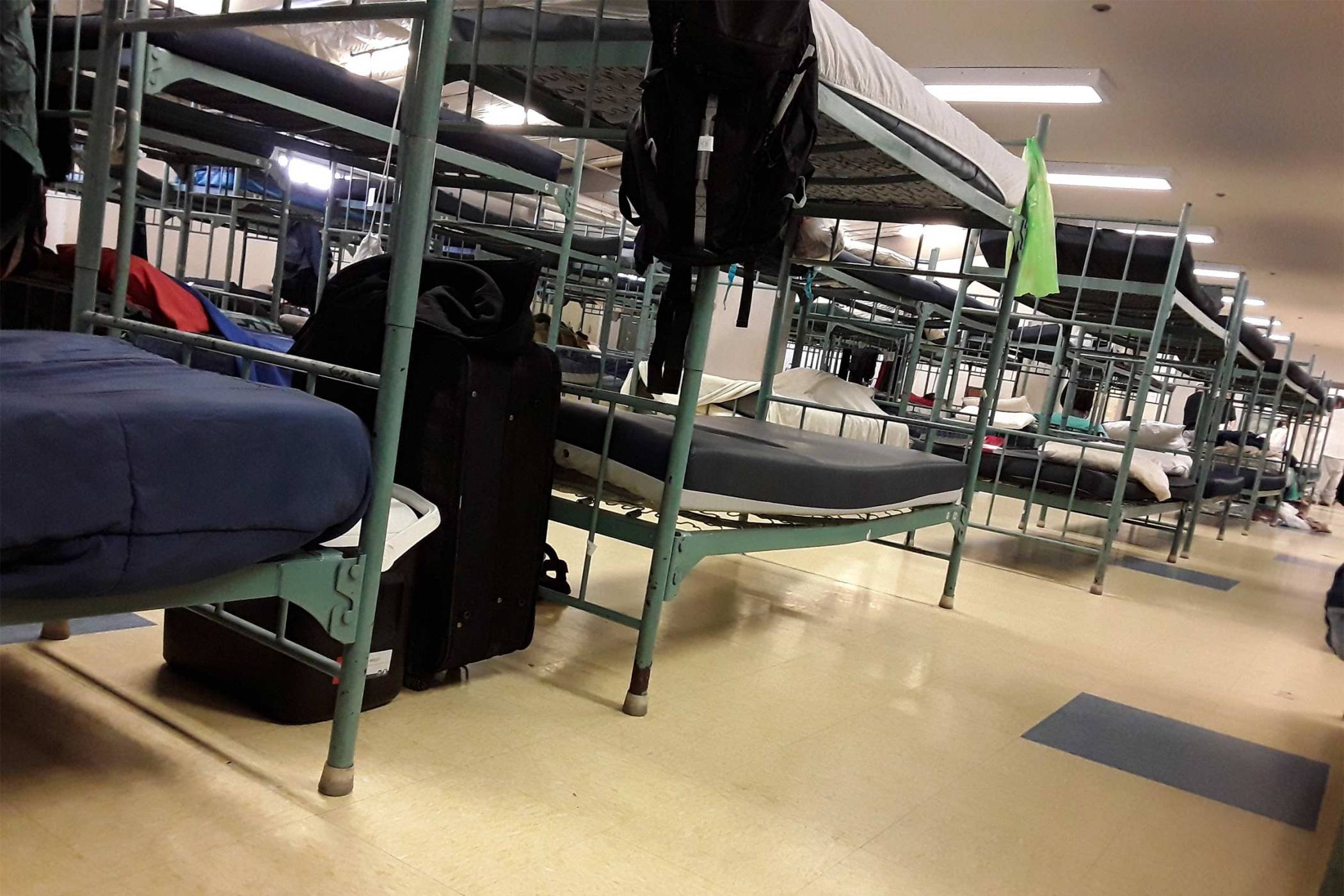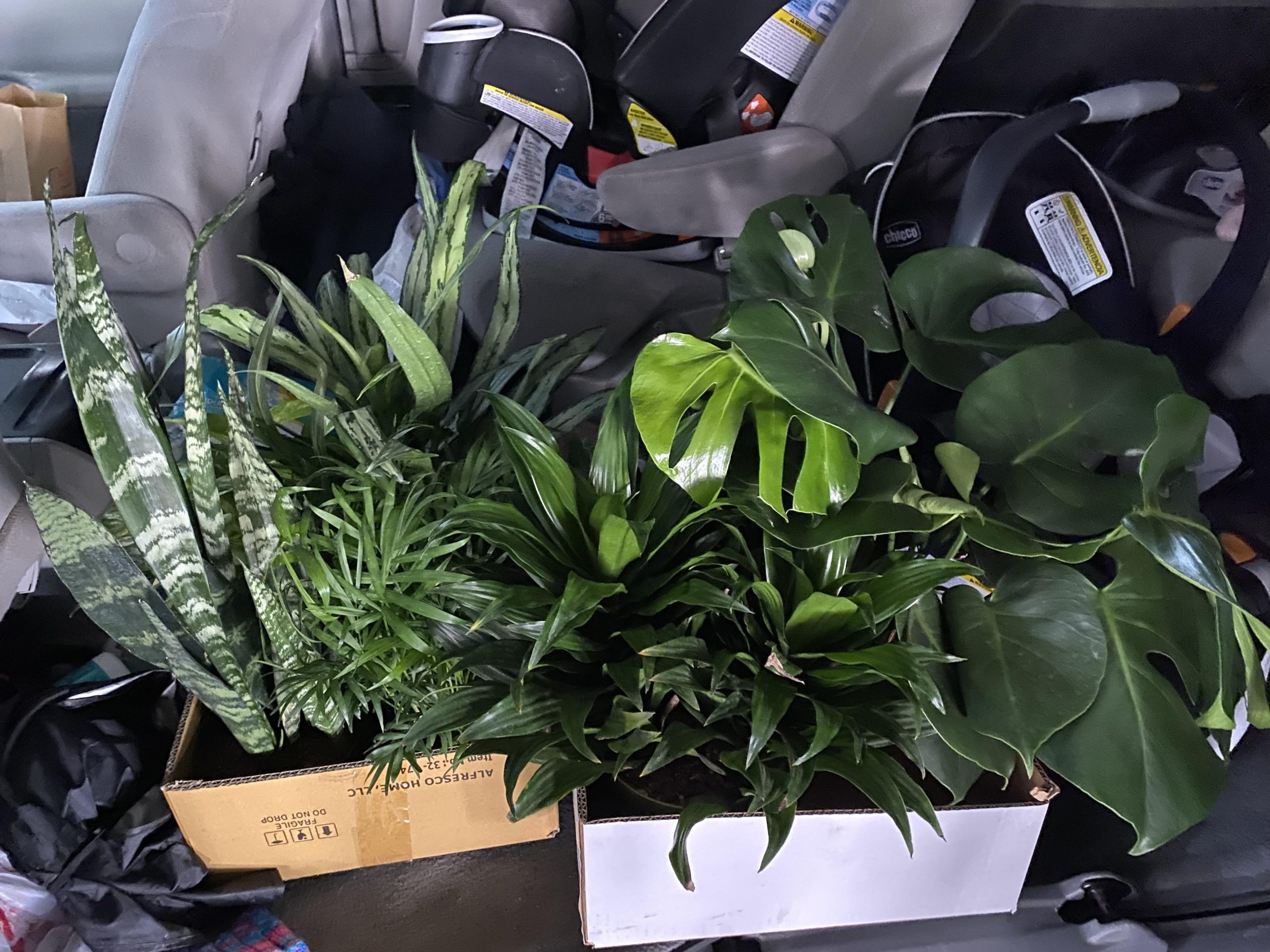[- The Crucial Role of Homeless Shelters in Supporting Pregnant Women: A Comprehensive Guide] is an exploration of the critical role that these shelters play in providing a safe and supportive environment for pregnant women experiencing homelessness. Recognizing the unique challenges faced by this vulnerable population, this article offers a comprehensive overview of the services and support provided by homeless shelters, emphasizing their significance in ensuring the well-being of both mothers and their unborn children.
Key Takeaways:
- Shelters dedicated to pregnant women are available.
- Resources like the Homeless Shelter Directory assist in locating shelters.
- National and local programs support homeless pregnant women.
- Homeless shelters rarely refuse pregnant women.
- Support services include housing, mental health, job training, and prenatal care.
- Adequate medical care is essential for a healthy pregnancy, regardless of housing status.
Homeless Shelter for Pregnant Women

Homeless pregnant women face a unique set of challenges, from finding prenatal care to securing stable housing. Homeless shelters for pregnant women provide critical support and resources to help these women and their babies thrive.
What is a Homeless Shelter for Pregnant Women?
Homeless shelters for pregnant women are safe and supportive environments that offer a range of services tailored to the needs of pregnant women experiencing homelessness. These shelters typically provide:
- Housing: Private or shared living spaces where women can stay during their pregnancy and postpartum period.
- Prenatal care: Access to doctors, nurses, and other healthcare professionals who provide prenatal exams, testing, and counseling.
- Social services: Case management, counseling, and support groups to help women navigate the challenges of homelessness and pregnancy.
- Education and employment: Assistance with job training, career counseling, and childcare so women can gain economic stability.
Why Are Homeless Shelters for Pregnant Women Important?
Homeless shelters for pregnant women are essential because they provide:
- A safe and stable environment: Shelters offer a place where women can feel safe and secure, reducing stress and improving health outcomes for both mother and baby.
- Access to healthcare: Shelters ensure that women have access to the prenatal care they need to have a healthy pregnancy and delivery.
- Support and community: Shelters provide a sense of community and support for women who may feel isolated or alone during their pregnancy.
How to Find a Homeless Shelter for Pregnant Women
If you are pregnant and experiencing homelessness, there are several ways to find a homeless shelter for pregnant women:
- Contact your local United Way: Dial 2-1-1 to speak to a United Way representative who can provide information on shelters in your area.
- Visit the National Directory of Homeless Shelters: Use the link below to find a list of shelters specifically designed for pregnant women in your state.
National Directory of Homeless Shelters for Pregnant Women - Reach out to local women’s shelters: Many women’s shelters offer programs or services for pregnant women.
Conclusion
Homeless shelters for pregnant women play a vital role in supporting these vulnerable individuals and ensuring the health and well-being of both mothers and their unborn children. If you are pregnant and experiencing homelessness, know that there is help available. Reach out to a homeless shelter or other resource to get the support you need.
- If you are unable to find a place to stay and in need of support, don’t let your hopes down, browse our directory and get connected to our trusted homeless hotline in Stark County Ohio now.
- Don’t let your dreams of getting a decent shelter pass you by, get connected with our shelter in Berlin. Get a roof over your head and be back on your feet in no time.
- We have put together a list of homeless shelters near you that can provide you with the support and housing you need to get back on your feet.
- Philippines is one of the countries which is susceptible to natural calamities, to help those affected we have put together a list of homeless shelters that can provide shelter and assistance to those in need.
Comprehensive Support Services Provided by Shelters

Imagine being a pregnant woman living on the streets. You’re alone, scared, and unsure where to turn. Homeless shelters offer a lifeline for women like you, providing a roof over your head, prenatal care, and the support you need to give birth to a healthy baby.
Housing
Shelters provide safe and stable housing for pregnant women, allowing them to focus on their health and well-being without the worry of exposure to the elements or violence.
Prenatal Care
Shelters offer prenatal care services, including exams, testing, and counseling, ensuring that pregnant women receive the medical attention they need to stay healthy and carry their baby to term.
Social Services
Shelters provide a range of social services designed to meet the unique needs of homeless women, including:
- Case management to help pregnant women navigate the complex healthcare, housing, and social service systems
- Counseling to address mental health issues and provide emotional support
- Support groups to connect pregnant women with others going through similar experiences
Education and Employment Assistance
Some shelters offer education and employment assistance programs to help pregnant women improve their economic self-sufficiency. These programs provide:
- Job training to prepare women for the workforce
- Career counseling to help women identify and pursue their career goals
- Childcare to enable women to attend job training or work
Key Takeaways:
- Shelters provide safe and supportive environments for pregnant women experiencing homelessness.
- Comprehensive services offered by shelters include housing, prenatal care, social services, and employment assistance.
- Homeless shelters play a pivotal role in ensuring the well-being of both mothers and their unborn children.
Sources:
- National Directory of Homeless Shelters for Pregnant Women
- Barriers and facilitators perceived by women while homeless and pregnant in accessing antenatal and or postnatal healthcare: A qualitative evidence synthesis
Barriers and Solutions to Shelter Access
Homelessness during pregnancy is a severe issue that affects both the mother and child’s health and well-being. Women experiencing homelessness face unique challenges in accessing shelter and support services, which can lead to poor health outcomes.
Barriers to Shelter Access
- Lack of affordable housing: The shortage of affordable housing makes it difficult for pregnant women to find a safe and stable place to live.
- Discrimination: Pregnant women may face discrimination from shelters and landlords who refuse to accommodate them.
- Lack of support services: Homeless shelters often lack the resources and expertise to meet the specific needs of pregnant women.
- Trauma and mental health issues: Pregnant women experiencing homelessness often have histories of trauma and mental health issues, which can make it challenging for them to access and engage with services.
Solutions to Shelter Access
- Increase funding for affordable housing: Governments and organizations can provide financial assistance to pregnant women to help them find and maintain safe and stable housing.
- Enforce anti-discrimination laws: Laws prohibiting discrimination against pregnant women should be enforced to ensure they have equal access to shelter and support services.
- Provide specialized support services: Homeless shelters should be equipped with the resources and staff to provide tailored services to pregnant women, including prenatal care, counseling, and case management.
- Address trauma and mental health issues: Homeless shelters should offer trauma-informed care and mental health support to help women overcome these barriers and improve their overall well-being.
Key Takeaways:
- Pregnant women experiencing homelessness face significant barriers to accessing shelter and support services.
- Barriers include lack of affordable housing, discrimination, and lack of specialized services.
- Solutions to these barriers include increasing funding for affordable housing, enforcing anti-discrimination laws, providing specialized support services, and addressing trauma and mental health issues.
Citations:
- Women’s Homelessness Matters – Crisis
- Barriers and Facilitators Perceived by Women While Homeless and Pregnant in Accessing Antenatal and/or Postnatal Healthcare: A Qualitative Evidence Synthesis
Role of Policy and Advocacy in Addressing the Issue
Homeless shelters for pregnant women play a crucial role in addressing the unique challenges they face. Policy and advocacy are key to ensuring these shelters are adequately funded and equipped to meet their needs.
Legislative and Administrative Actions
- Increase funding: Allocate sufficient government resources to support homeless shelters and ensure they have the capacity to provide essential services such as prenatal care, housing assistance, and counseling.
- Improve accessibility: Streamline eligibility criteria and remove barriers that prevent pregnant women from accessing shelter services.
- Enforce fair housing laws: Implement policies that prohibit discrimination against pregnant women in housing.
Advocacy and Outreach
- Raise awareness: Educate the public about the needs of homeless pregnant women and advocate for policies that provide them with support.
- Build partnerships: Collaborate with community organizations, healthcare providers, and policymakers to create a coordinated system of care.
- Empower women: Empower homeless pregnant women by providing them with information, resources, and support to advocate for their own needs.
Key Takeaways:
- Policy and advocacy are crucial for ensuring homeless shelters for pregnant women have adequate funding and resources.
- Legislative and administrative actions can increase funding, improve accessibility, and enforce fair housing laws.
- Advocacy and outreach efforts can raise awareness, build partnerships, and empower homeless pregnant women.
Citations:
- The Role of Homeless Shelter Workers: A Study of Staff Serving Homelessness Veterans
- Important but not Urgent: The Advocacy Role of Homelessness Organisations
FAQ
Q1: Are there shelters specifically designed for pregnant women?
Q2: How can I find a homeless shelter that accommodates pregnant women?
Q3: What types of support services do homeless shelters offer pregnant women?
Q4: Why is it important for homeless pregnant women to access proper medical care?
Q5: What are the challenges faced by homeless pregnant women in accessing healthcare?
- Best Color Backsplash For White Cabinets: Ideas Youll Love - November 27, 2025
- White On White Backsplash: A Timeless Kitchen Design Choice - November 26, 2025
- Tile Backsplash With White Cabinets: A Kitchen Design Guide - November 25, 2025










